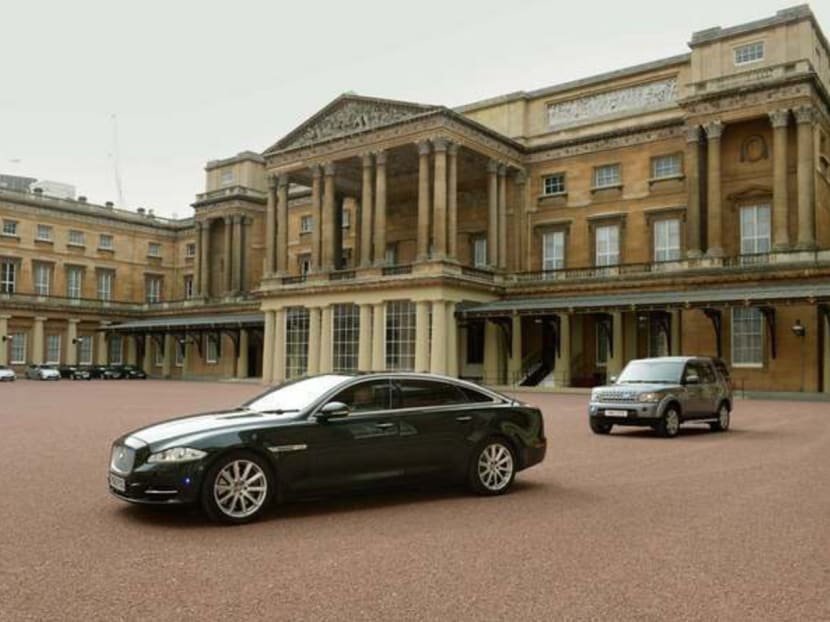Cameron starts campaign for unpredictable UK poll
LONDON — British Prime Minister David Cameron paid a farewell visit to Queen Elizabeth II yesterday — the first day of formal campaigning for the most unpredictable election in the United Kingdom in decades.

Britain's Prime Minister David Cameron leaves after meeting with Queen Elizabeth at Buckingham Palace in London on March 30, 2015. Photo: Reuters
LONDON — British Prime Minister David Cameron paid a farewell visit to Queen Elizabeth II yesterday — the first day of formal campaigning for the most unpredictable election in the United Kingdom in decades.
The royal audience, possibly Mr Cameron’s last as Prime Minister, came as Britain’s Parliament was dissolved ahead of the May 7 vote.
Voters failed to produce a majority for either the Conservative or Labour Party in the House of Commons in 2010 and the electoral landscape is even more fractured now. Smaller parties, such as the Scottish and Welsh nationalists, Greens and anti-Europeans, may hold the balance of power in May’s vote.
While issues such as Europe and immigration will play a big role in the campaign, the Conservatives and Labour are focusing their messages on the economy.
Mr Cameron has said a Labour victory would mean higher taxes and threaten the UK’s recovery from the Great Recession.
But Labour leader Ed Miliband has argued that for many voters, the recovery “feels like it’s happening to someone else, somewhere else”.
He kicked off the campaign with a speech aimed at reassuring businesses that Labour would not increase taxes and red tape. He also called the Conservative vow to hold a referendum on European Union membership a “clear and present danger” to firms in the UK.
Mr Cameron’s visit to the Queen is a courtesy rather than a necessity. This election sees an end to the historic practice of Prime Ministers asking the monarch to dissolve parliament. That is now done automatically, under a law fixing election dates every five years.
Addressing the media outside the official prime ministerial residence at 10 Downing Street, Mr Cameron said Britain had been on the brink when he came into office. “Of course, we haven’t fixed everything, but Britain is back on her feet again,” he said.
The Prime Minister said the nation would face “a stark choice” in 38 days. “The next Prime Minister walking through that door will be me or Ed Miliband,” he said.
“You can choose an economy that grows, creates jobs, generates the money to ensure a properly funded and improving NHS (National Health Service) ... and a government that will cut taxes for 30 million hardworking people ... Or you can choose the economic chaos of Ed Miliband’s Britain,” Mr Cameron added. “After five years of effort and sacrifice, Britain is on the right track. This election is about moving forward and, as Prime Minister here at No 10, that’s what I will deliver.”
Mr Cameron and his Conservative Party won the last election in 2010, but not by enough to go into government alone. Without a majority in parliament, a government becomes dependent on lawmakers from other parties to get its programme voted through the House of Commons, the chamber that passes laws and legislation.
For five years, Mr Cameron has been governing in coalition with the UK’s third party, the Liberal Democrats. Mr Nick Clegg, Liberal Democrat leader and Deputy Prime Minister, has mostly backed Mr Cameron in parliamentary debates against Mr Miliband of the opposition Labour.
On March 23, Mr Cameron ruled out standing for a third term, before the election that will decide whether he even gets a second term in the top job. The right-wing UK Independence Party, which has pledged to take the UK out of the European Union, has made massive gains in the past year, mostly at the expense of Mr Cameron’s Conservatives. AGENCIES






